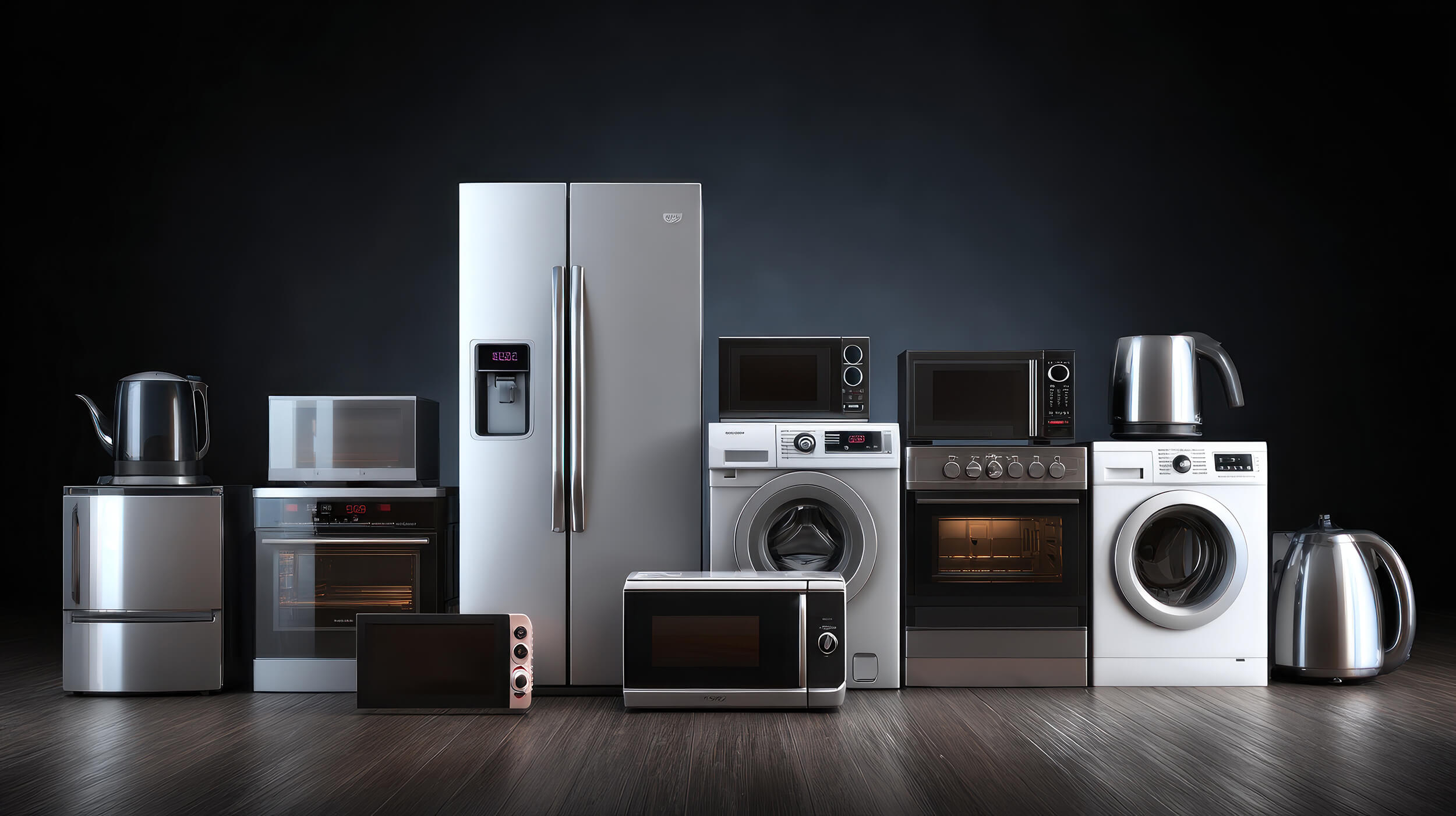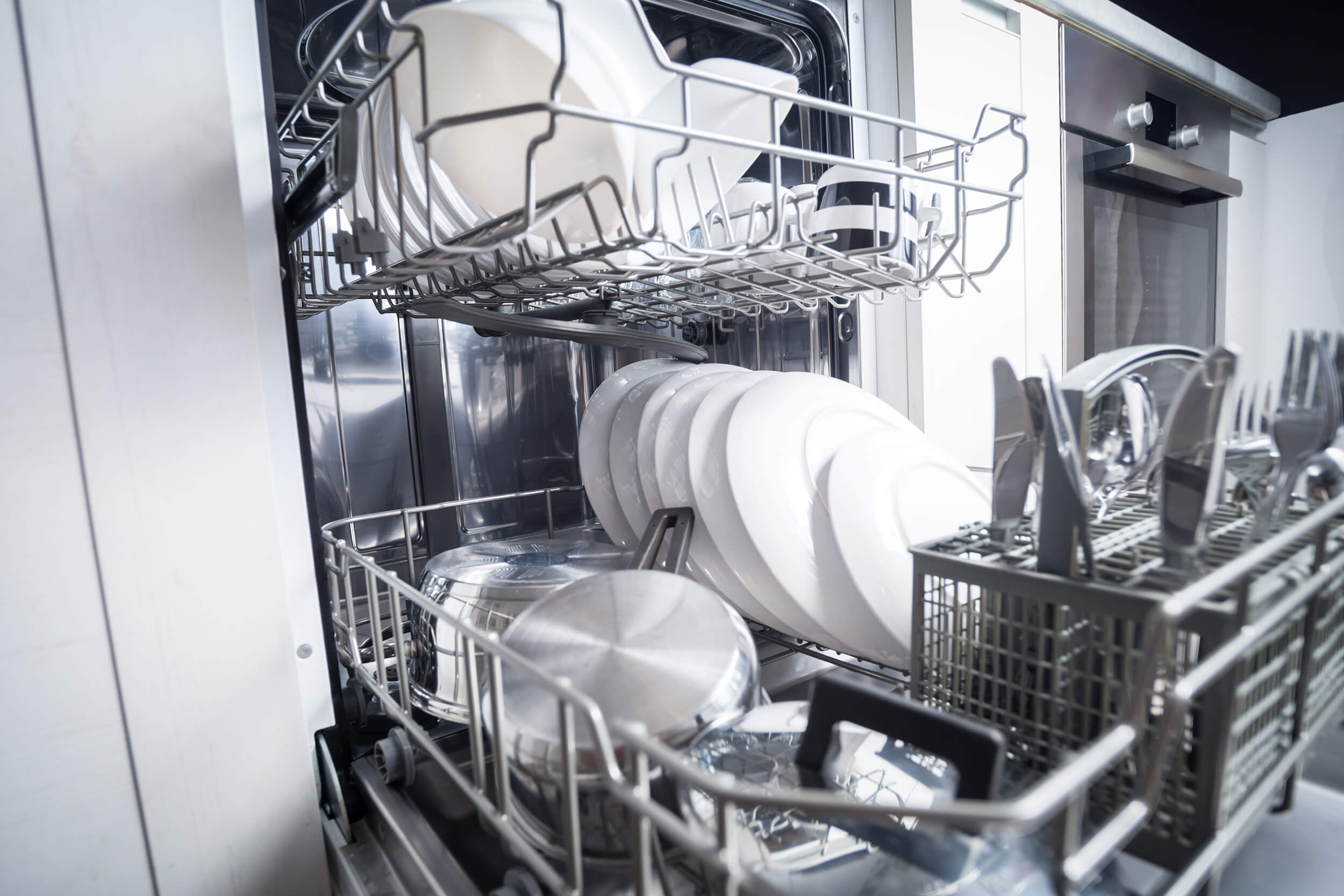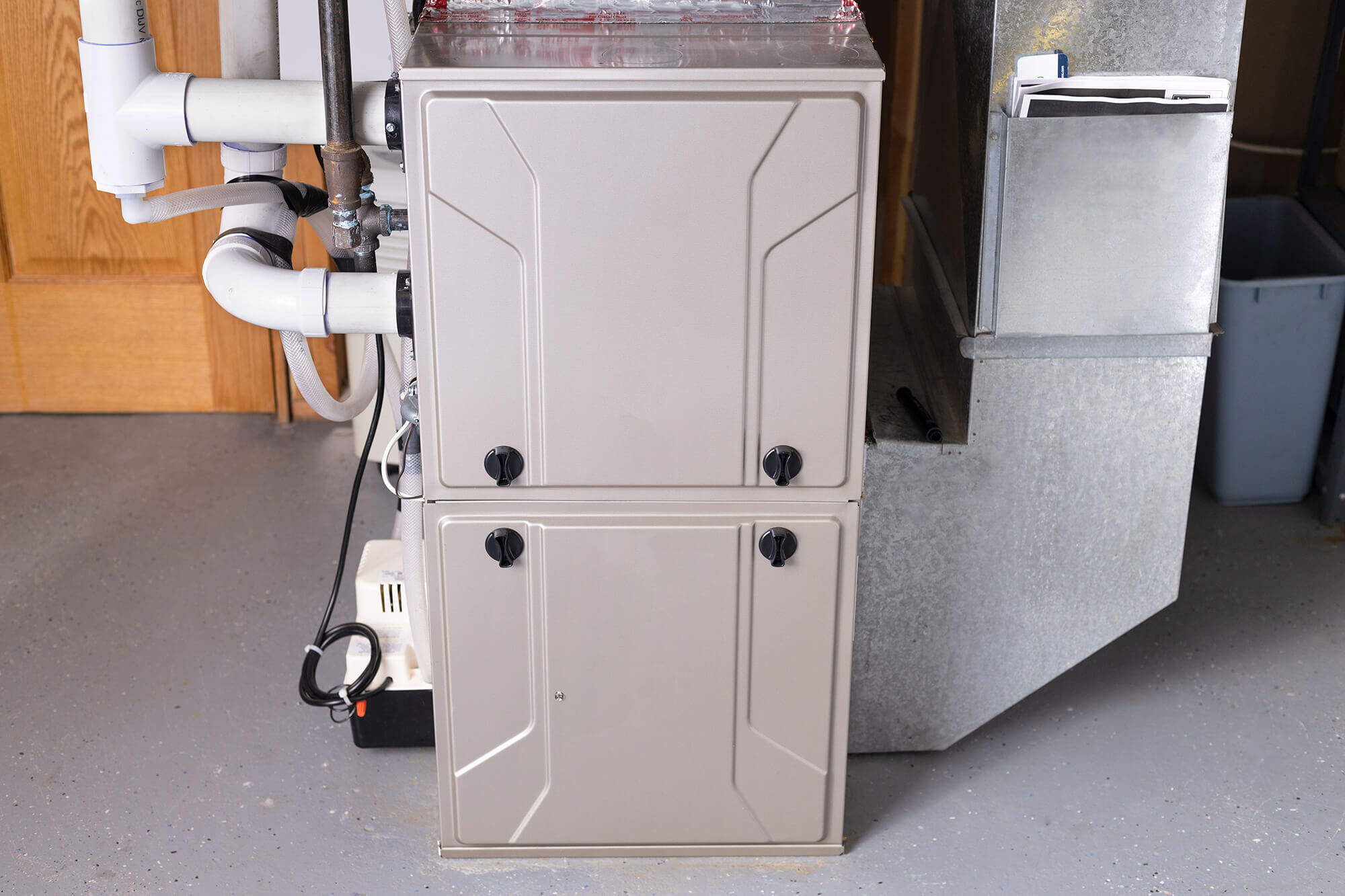FOR IMMEDIATE RELEASE
May 28, 2009
CONTACT
Andrew deLaski, ASAP, 617-363-9470
MEDIA CONTACTS
Serena Ingre, NRDC, 415-875-6155
Glee Murray, ACEEE, 202-507-401
Even bigger savings possible for vending energy guzzlers—New standards one of the first of at least two dozen expected from Obama administration
Washington D.C. (May 28, 2009): Proposed new national energy efficiency standards for beverage vending machines (a.k.a., soda or pop machines) will help make America more energy efficient, according to a coalition of energy efficiency, environmental, and consumer groups. The proposed new standards, released today by the U.S. Department of Energy (DOE), would cut the average energy use of the most common new cold beverage vending machines by about 42%. However, even larger savings could have been achieved if DOE had required energy-saving smart controls.
“More energy-efficient vending machines will keep our sodas just as cold and help reduce global warming pollution,” said Noah Horowitz, Senior Scientist with the Natural Resources Defense Council (NRDC).“With roughly 3 million beverage vending machines in the U.S., or 1 for every 100 Americans, a strong national standard means real savings for all the universities, park districts, hotels, and other institutions and businesses that pay the electric bills for these machines.”
These standards build on a series of improvements in vending machine efficiency achieved over the past decade. According to Horowitz, who pioneered research into vending machine energy use, many machines used as much as 3,000 to 5,000 kilowatt-hours per year in the mid-1990s. With the new standards, per unit energy use will be no more than about 1,400 to 1,800 kilowatt-hours per year. Once the new standards take effect in three years, each typical new machine will save about $320 per year compared to an older machine.
“Together with other new standards, strong ‘pop’ machine efficiency standards will deliver energy savings ‘pop’ for the nation,” said Andrew deLaski, Executive Director of the Appliance Standards Awareness Project (ASAP). “Combined with the other two dozen appliance standards due within the next four years, this standard will help America use energy resources more efficiently.”
Under court orders and Congressional deadlines, DOE must complete about 25 new standards by January 2012, covering everything from fluorescent tube lights used in offices to home refrigerators to water heaters to air conditioners. Vending machines are among the first. President Obama and DOE Secretary Steven Chu have highlighted new appliance, equipment, and lighting standards as critical for meeting national energy savings goals. See Appliance Standards Move Into the Limelight and DOE Might Make Pending Appliance Standards 'More Aggressive' for more information.
One key to large savings for many products is smart controls technologies. For example, even more savings could be achieved for vending machines if DOE had required controls that dim or shut off machine lighting or which allow beverage temperatures to float up during extended periods of non-use. But, during the previous administration, DOE decided it lacked authority to include more than one efficiency requirement for any one product (e.g., a maximum daily energy use and a controls requirement), so the agency did not even evaluate the costs and benefits of controls. It’s probably too late to consider controls for vending machines since a final rule is due in early August, but controls and other multi-part standards will be important for other products, too.
“It’s time to bring DOE’s standards into the 21st century by including controls,” said Steven Nadel, Executive Director of the American Council for an Energy-Efficient Economy (ACEEE). “Being smart about energy efficiency standards includes considering smart controls, even when that means a standard may have more than one component.”
Pending omnibus climate and energy legislation would make DOE authority for multi-component standards clear. Section 213(a) of the Waxman-Markey bill specifies that DOE can include more than one efficiency requirement for any given product.
Altogether, according to DOE, the proposed new beverage machine standards could save about 10 billion kilowatt-hours of electricity over 30 years (or about one-tenth of one quad of primary energy). This is enough electricity to meet the needs of about 800,000 typical U.S. homes for one year. The standards would save vending machine property owners about $250 million over thirty years. The standards would, cumulatively over 30 years, eliminate about 5 million metric tons of carbon dioxide emissions (or roughly the amount emitted by one million typical cars in a year). These carbon dioxide emission reductions, according to DOE, are worth as much as another $96 million.
The proposed standards reduce energy use of the increasingly popular glass front machines by 35 to 42% compared to basic machines available today, but for the older style, solid front machines, energy use is reduced by just 15%. NRDC, ASAP, and ACEEE will be evaluating if stronger standards makes sense for the solid front machines.
According to preliminary estimates by ACEEE, the two dozen standards due by January 2012 could altogether reduce projected 2020 U.S. electricity use by at least 165 billion kilowatt-hours, or about 4%. While vending machines are one of the smaller standards ranked by energy savings, it will take strong standards for each of the 25 products to meet ambitious energy savings goals. The biggest potential energy saver among the pending standards concerns fluorescent tube light bulbs and reflector light bulbs. A final standard for these lighting products is due by the end of June.
###
The Appliance Standards Awareness Project is dedicated to increasing awareness of and support for cost-effective appliance and equipment efficiency standards. Founded in 1998, ASAP is led by a steering committee that includes representatives from the environmental community, consumer groups, utilities and state government. See www.standardsASAP.org.
The American Council for an Energy-Efficient Economy is a nonprofit organization dedicated to advancing energy efficiency as a means of promoting economic prosperity, energy security, and environmental protection. ACEEE was involved in the legislation establishing federal efficiency standards, and has been active in all rulemakings since then. For information about ACEEE and its programs, publications, and conferences, contact ACEEE, 529 14th Street N.W., Suite 600, Washington, D.C. 20045 or visit aceee.org.
The Natural Resources Defense Council is a national environmental advocacy organization with over 555,000 members. NRDC has spent decades working to build and improve DOE’s federal appliance standards programs because of the important energy, environmental, consumer, and reliability benefits of appliance efficiency standards. NRDC participated in the enactment of the first federal legislation establishing efficiency standards, and has been active in all significant rulemakings since then. See nrdc.org.




